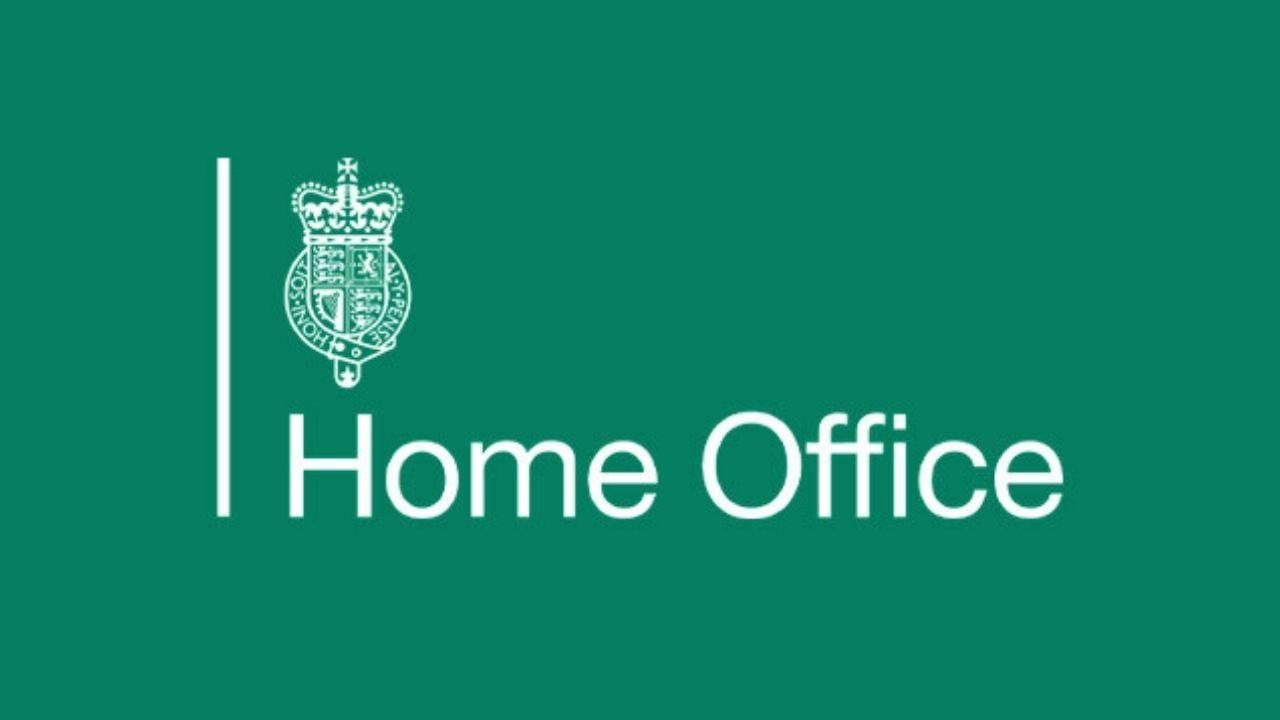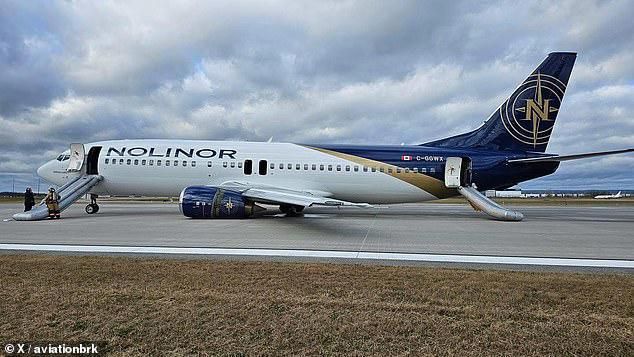In April of next year, the cost of a TV license will increase by £5, from £169.50 to £174.50.
The BBC's primary source of income, the licence fee, will rise by 2.96%, according to the government, in an effort to provide it a "stable financial footing". Additionally, the cost of a black and white TV license will increase by £1.50, from £57 to £58.50 annually.
The higher fee was disclosed today by Culture Secretary Lisa Nandy. She added that until 2027, the license fee funding scheme would remain in place. She has stated that she will take into account all available financial sources, nevertheless. "The BBC offers much-needed programming for households nationwide, including children's education, top-notch entertainment, and reliable news for everyone in all parts of the UK," Ms.
Nandy said in a statement. I hope it continues to flourish for many years to come.
“Through the Charter Review, we will have an honest national conversation about the broadcaster’s long-term future, ensuring the BBC has a sustainable public funding model that supports its vital work but is also fair and responsive to those who pay for it. In the short term, we are providing the BBC with funding certainty, while supporting thousands more households facing financial hardship to spread the cost of a TV licence.”
The Government is also going to expand the Simple Payment Plan (SPP). Customers who qualify are able to choose from either a fortnightly or monthly payment plan that spreads the cost of a licence over 12 months. Currently, unlicensed households are only eligible for the SPP if they meet certain criteria, which include having been visited by TV Licensing or after having sought advice from a debt advice charity.
From April next year, SSP can be offered to households if TV Licensing agents rule that the household is facing financial hardship. Labour says the expansion will benefit up to 9,000 unlicensed households per month. BBC’s analysis suggests that the expansion could potentially double the number of households using the SPP to around 500,000 by the end of 2027.
The TV Licence fee had been frozen for two years in 2022 and in 2023 under the former Tory government. At the time, the government hailed the announcement as giving “broadcaster certainty while protecting the public from price hike”. However in April this year, the licence fee freeze was scrapped, and TV fans were forced to pay an extra £10.50 a year for the licence.
When do you need to have a TV licence?
Under the current law, you must have a TV licence to watch or record live TV on any channel in the UK. This includes Channel 4, ITV, and Channel 5 and applies whether you watch live TV on a TV, PC, laptop, tablet, or phone. You also need a TV licence if you use BBC iPlayer - even if only watching shows on catch up.
You also need a TV licence if you are watching live shows on streaming services this includes Amazon Prime, ITVX, All 4, Sky, Virgin Media, BT, and My5. You do not need to have a TV licence if you are only watching on-demand on these services. This also includes Netflix, Amazon Prime, ITVX, Disney Plus, Now, and YouTube.
It's very important to remember that the TV licence covers live TV and the BBC - so if you only watch on-demand shows on ITVX or All 4 you will not need one, but if you watch a live football match on Sky or Amazon Prime, then you will.
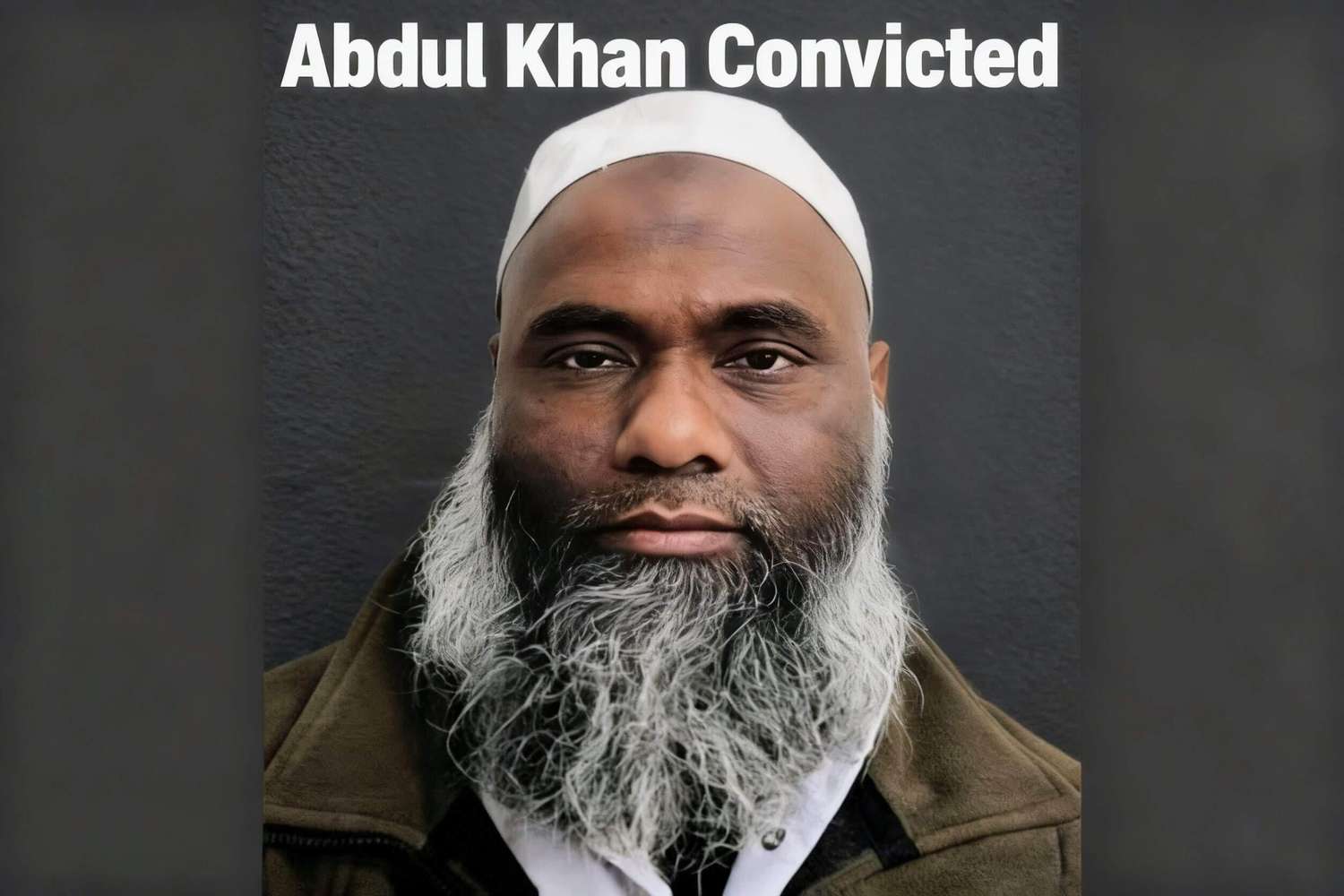
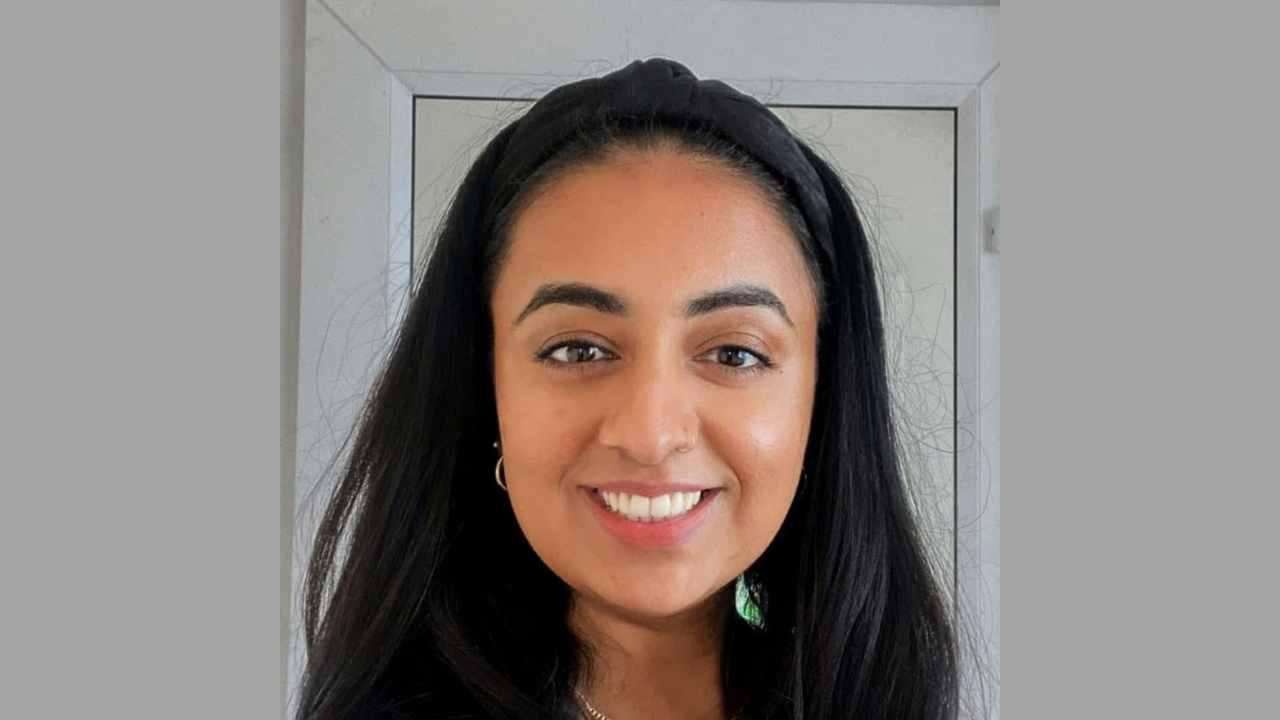
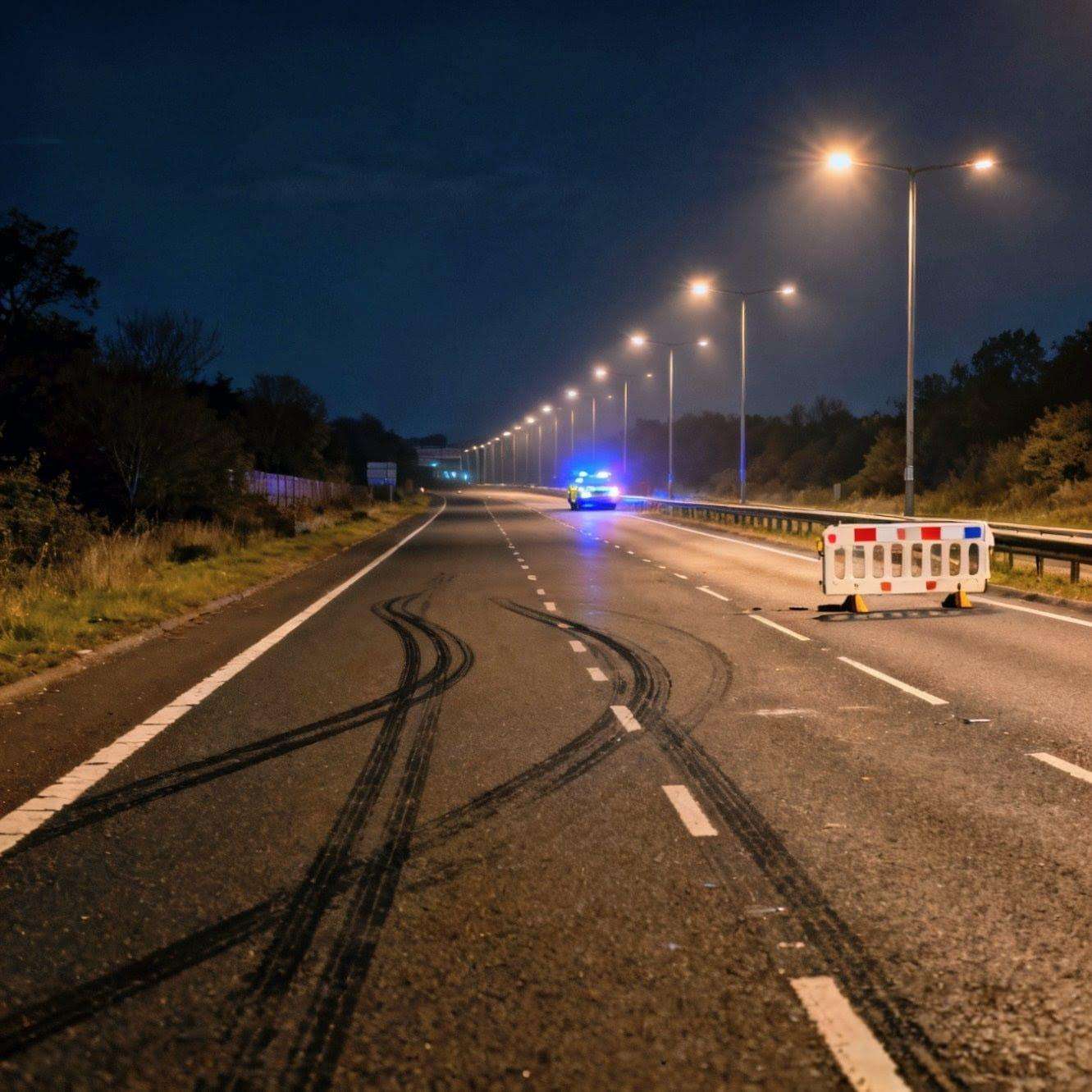
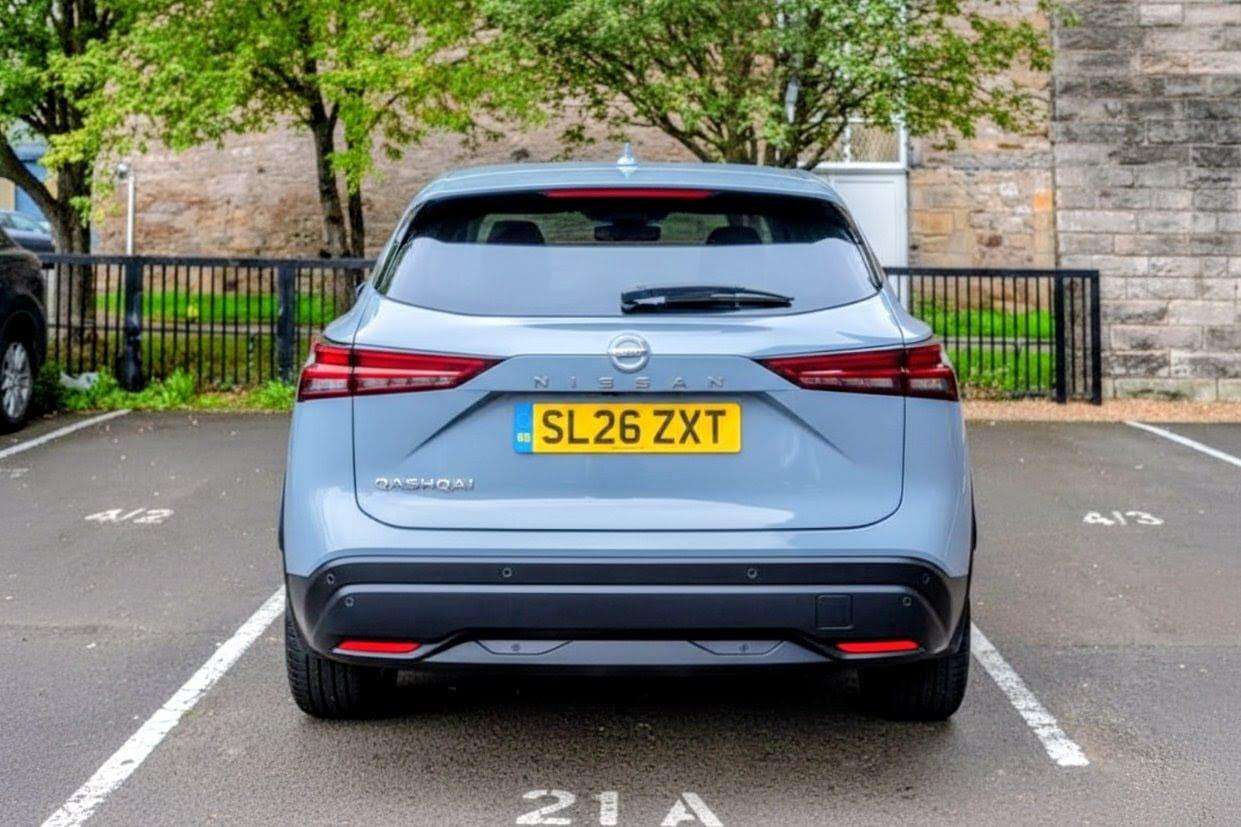
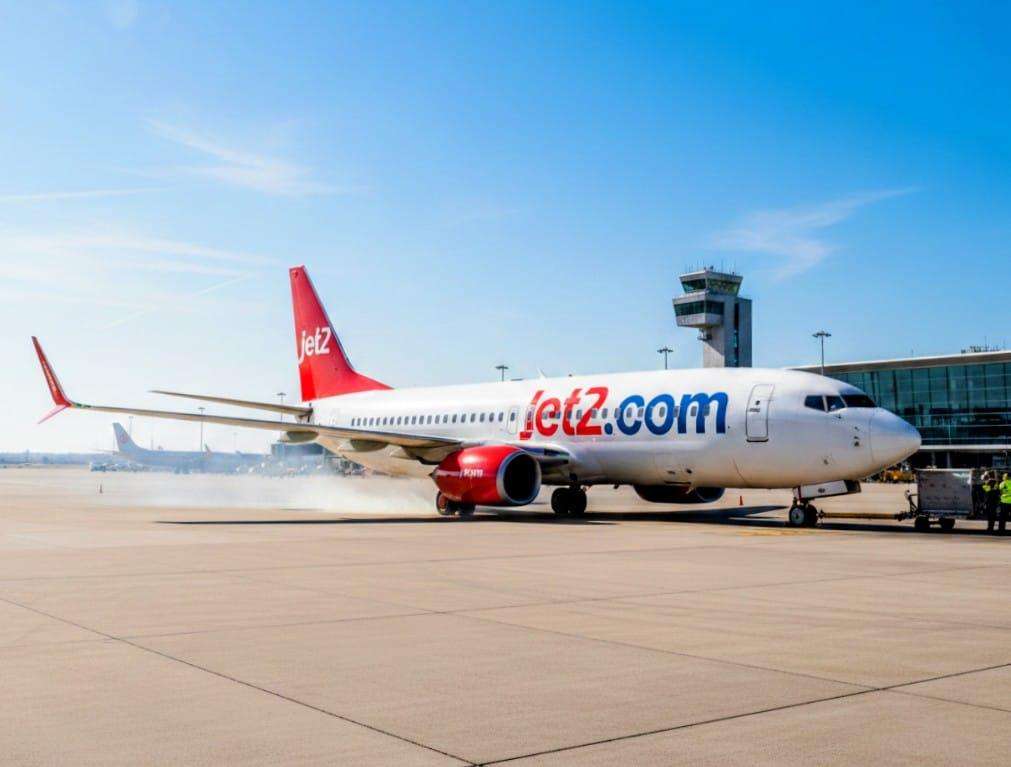


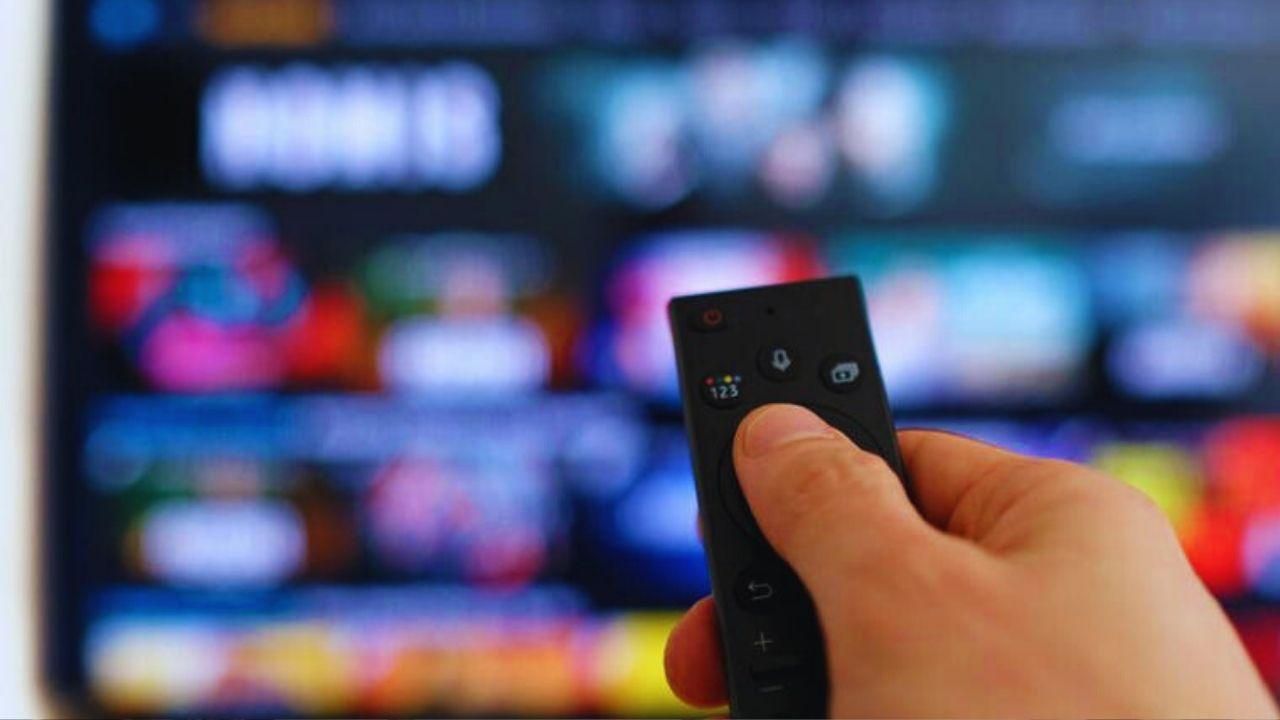
.svg)

